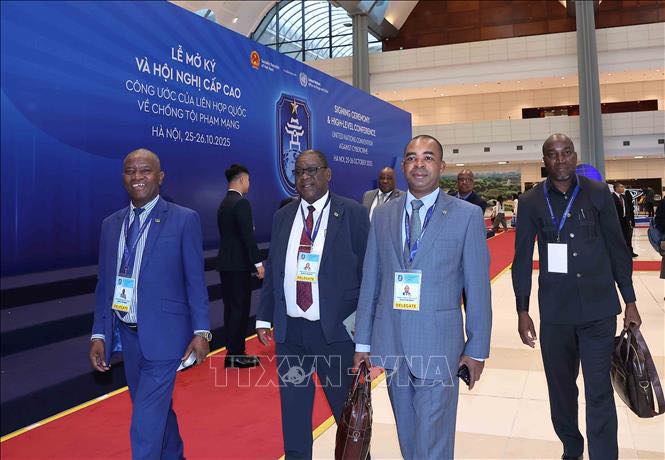
First, the expansion of the scope to include “serious crimes” is necessary. In the digital age, most crimes – from money laundering, terrorism, human trafficking to fraud – have a digital element. Therefore, this flexible regulation helps countries to proactively respond to high-tech crimes without being limited to a narrow scope.
Second, the international cooperation mechanism of the convention does not undermine national sovereignty , but strengthens law enforcement capacity. Any coordination activities must comply with the laws of the receiving country, while at the same time providing developing countries with access to technical assistance, data and specialized training.
Third, the convention places human rights at its core. Measures such as the preservation, seizure or monitoring of electronic data require judicial oversight and clear limits on purpose, scope and duration. This ensures a balance between security needs and individual privacy.
In addition, the enforcement mechanism of the convention is cooperative rather than imposed. Member countries will jointly evaluate, share experiences and provide technical assistance instead of being controlled from outside. This is a model suitable for the diverse characteristics of the world today.
The Hanoi Convention is not just a legal document, but a global political and moral commitment to equal cooperation in cyberspace. If the Budapest Convention laid a regional foundation, the Hanoi Convention is a step towards global unity, where all countries – large and small – have a common voice in protecting cyber security and human rights.
Vietnam.vn


![[Photo] General Secretary To Lam received the delegation attending the international conference on Vietnam studies](https://vphoto.vietnam.vn/thumb/1200x675/vietnam/resource/IMAGE/2025/10/26/1761456527874_a1-bnd-5260-7947-jpg.webp)
![[Photo] Prime Minister Pham Minh Chinh and United Nations Secretary-General Antonio Guterres attend the Press Conference of the Hanoi Convention Signing Ceremony](https://vphoto.vietnam.vn/thumb/1200x675/vietnam/resource/IMAGE/2025/10/25/1761391413866_conguoctt-jpg.webp)


![[Photo] Prime Minister Pham Minh Chinh attends the opening of the 47th ASEAN Summit](https://vphoto.vietnam.vn/thumb/1200x675/vietnam/resource/IMAGE/2025/10/26/1761452925332_c2a-jpg.webp)
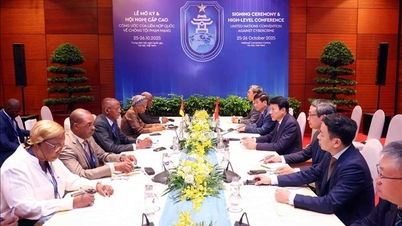





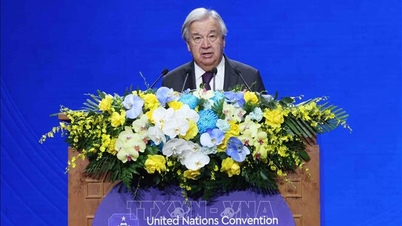
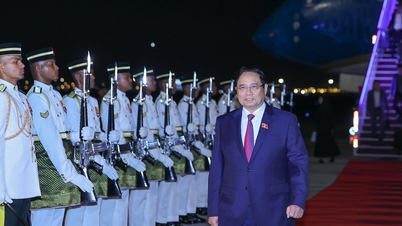

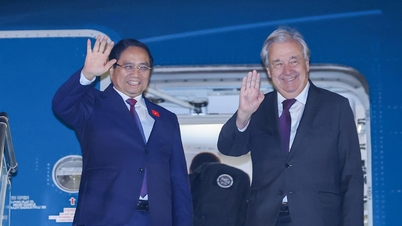
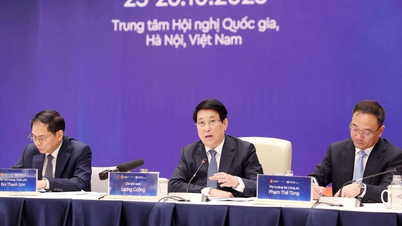
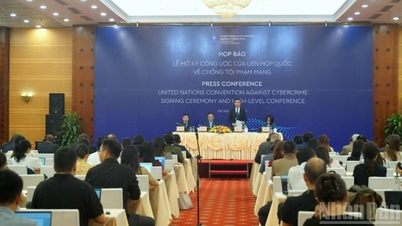
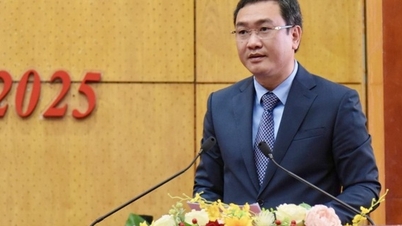











![[Photo] National Assembly Chairman Tran Thanh Man receives United Nations Secretary-General Antonio Guterres](https://vphoto.vietnam.vn/thumb/1200x675/vietnam/resource/IMAGE/2025/10/25/1761390815792_ctqh-jpg.webp)



































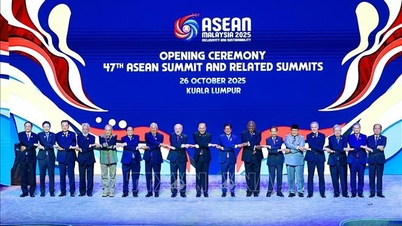


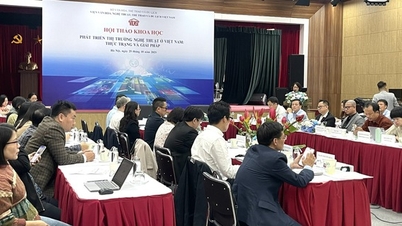


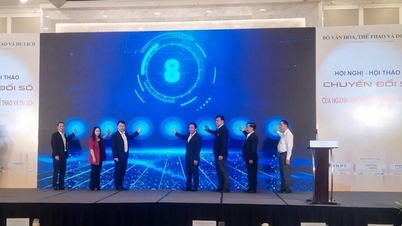

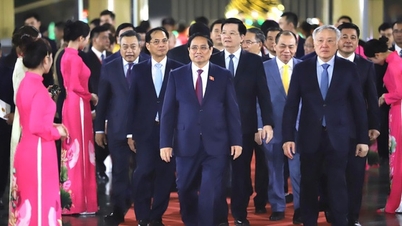
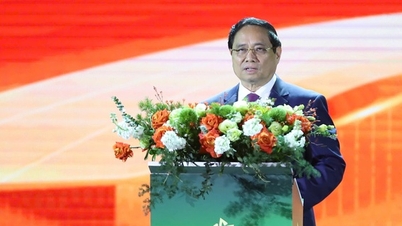
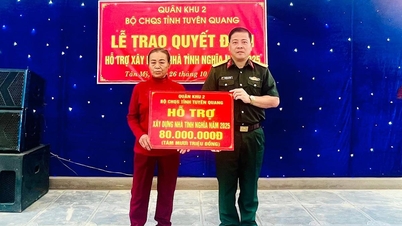



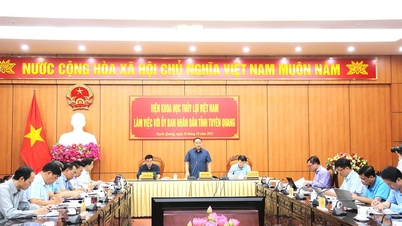
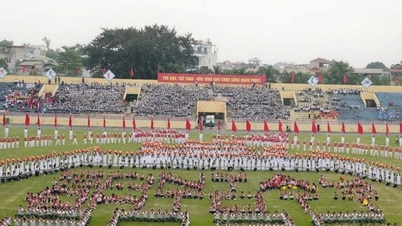



















Comment (0)